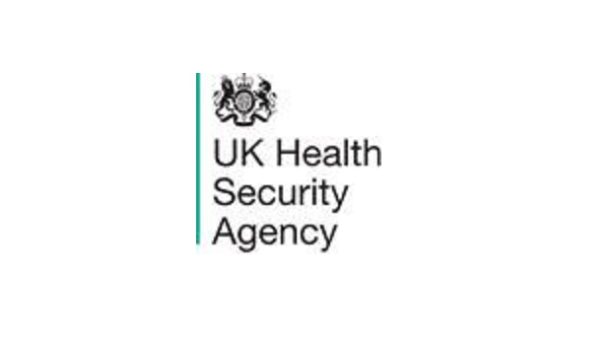Jack transfers his Scientific skills to help the UK-wide effort to combat COVID-19

Jack Hales, an NRPDTP student based at QIB, has had an interest in infectious diseases and public health research and policy since secondary school so was keen to explore public health related research for his PIPS. He was able to organise a placement at UKHSA through collaborative links with QIB.
Jack undertook his placement in Autumn 2022, at the start of his third year, which he found to work well. “The placement fell immediately following an Interim review, meaning I was able to review my progress and wrap up experiments prior to this. Additionally, I was at a point in my PhD where I could take a step back and reconsider a lot of the work I had done and results I had gotten thus far”, says Jack.
The main part of the work was to evaluate alternative neutralisation assays for Covid convalescent sera so that future experiments could be effectively conducted in lower biosafety (containment 2 rather than level 3) conditions, more efficiently and requiring less training to perform. Jack then had to produce a comprehensive report on his findings. Additionally, he was able to observe his colleagues in their regular day-to-day work and assist where possible, as well as being able to do other scientific training.
Jack was given a lot of leeway to manage his time with day-to-day independence. He prioritised his work according to which assays were ready first for testing – this involved liaising with the external assay providers (commercial companies). Jack was treated as an expert and his recommendations are being considered for future application by UKHSA. Jack found it initially daunting to speak with the external companies but was quick to establish a rapport with his contacts so that soon he was leading communications.
Jack learnt a lot about virology and the degree of precision required for applied clinical research. He received a lot of training throughout his placement and found everyone really supportive within the Medical Interventions group. He felt that his development was a real focus for the placement rather than just the outcomes of the project. Jack’s supervisor organised for him to get some experience in a Category 3 lab to test an existing assay with live SARS-CoV-2 which was a rare opportunity.
Jack was invited to UKHSA-wide meetings which focused on strategy and often involved external speakers. A highlight of his placement was attending a conference in Leeds looking at Global strategies for dealing with current and emerging diseases. “During my placement I was able to attend the 2022 UKHSA annual conference. This was excellent as it allowed me to attend many very interesting lectures in areas of science which I had little to no experience. Additionally, it gave me significant insight into epidemiology, public health interventions and the COVID-19 pandemic. Furthermore, the networking opportunities were excellent, and I was able to talk to many international experts about their fields of expertise, many of whom have had direct impacts upon the national and international response to COVID and other serious diseases”, says Jack.
Jack developed many transferable skills during the placement. “I was given a significant degree of freedom in how I approached the project, and my conclusions and opinions were given significant weight. I was given help where needed and requested, but ultimately, I was free to do as needed. In other words, I was treated as an expert. This helped me both to develop my approach to problem solving and project management and boosted my self-confidence” reflects Jack.
Jack felt that this placement has given him significant insight into a career at UKHSA and the area of public health and medical intervention.
